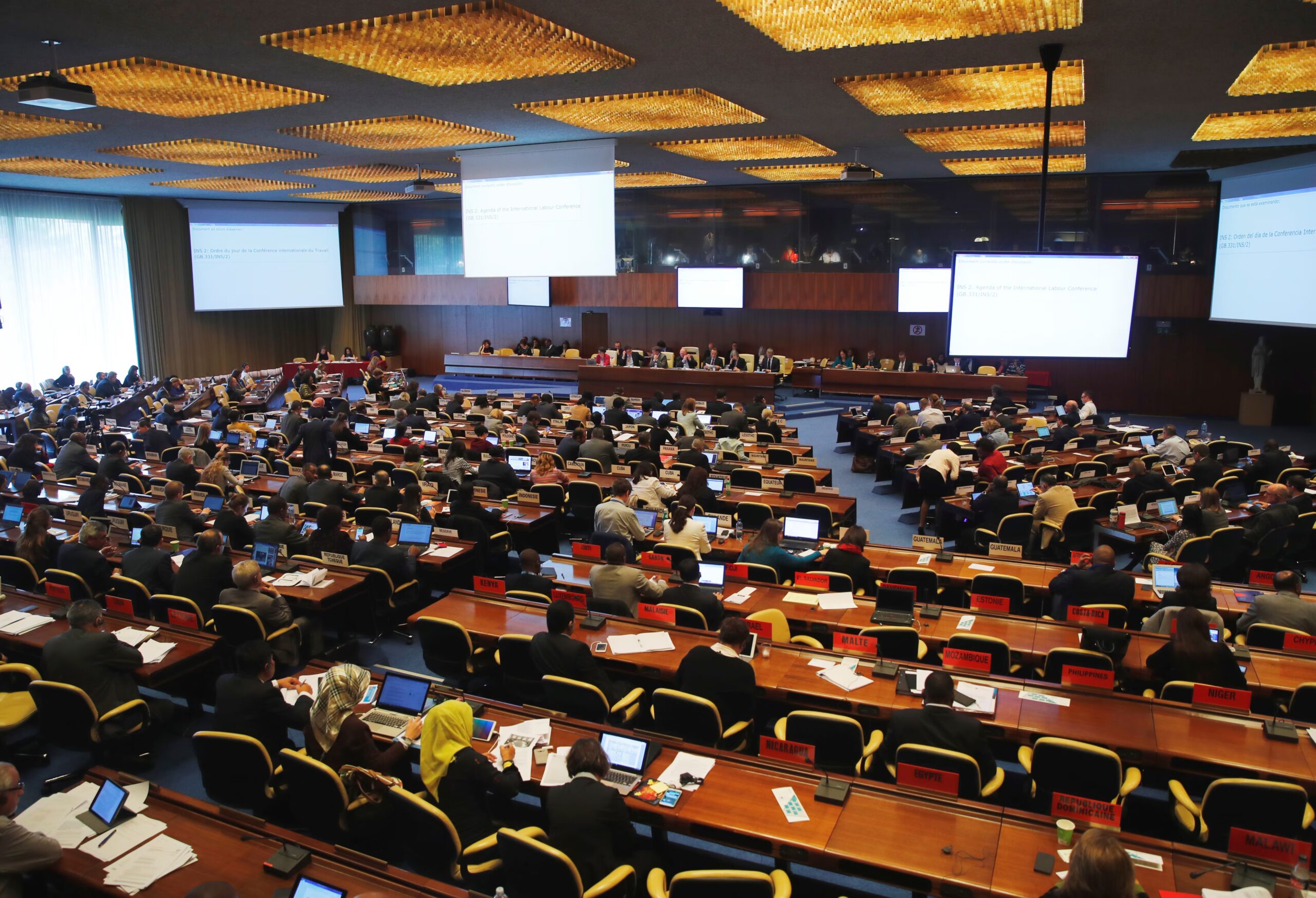
ILO Cuts 225 Jobs After US Funding Cuts and Considers Relocation to Save Money
The ILO is thinking of moving operations to decrease expenses after cutting 225 staff due to a decline in US funding.
The International Labour Organization (ILO) has determined that the United States’ declining financial support under previous President Donald Trump is directly responsible for the loss of about 225 jobs. The announcement was made by ILO Director-General Gilbert F. Houngbo on Wednesday at a press conference held at the organization’s Geneva headquarters.
Both the Geneva-based employees and the field workforce from the ILO’s numerous international offices are impacted by the layoffs. The Geneva-based UN organization, which promotes international labor standards and labor rights, is suffering as a result of lower voluntary U.S. donations, which are a vital part of its financial model.
The loss of one job is too many, Houngbo bemoaned. “The mood that has developed among my staff is unimaginable.”
Houngbo disclosed that as financial strains increase, the ILO is thinking about strategically moving some of its activities out of Geneva, pointing to the exorbitant expense of keeping headquarters in one of the priciest cities in the world. Cities like Turin, Budapest, and Bonn in Europe as well as farther-flung centers like Doha and Pretoria are among the suggested relocation destinations.
The ILO’s financial predicament is not unique. Short-term employees and contractors are also receiving redundancy warnings from other UN organizations, such as the International Organization for Migration.
As agencies struggle to adapt to large funding deficits, he cautioned that thousands more jobs could be lost.
The United States has traditionally been the greatest single donor to the ILO, accounting for 22% of the organization’s estimated $880 million budget for the 2026–2027 biennium. At the next International Labour Conference, that budget is anticipated to be formally reviewed.
“Our challenge is double because the United States is the top contributor for both assessed and voluntary contributions,” Houngbo said, adding that the organization is also facing a wider backlash from other member states.
The ILO is working on a business continuity plan, Houngbo revealed, in preparation for more severe financial difficulties. The implementation of a voluntary redundancy program, a freeze on external hiring, and the potential necessity for the first budget revision in the agency’s history are all part of this.
He pointed out that in the worst situation, a budget adjustment might be necessary. “I can’t remember when the ILO experienced that last time.”
Houngbo emphasized that as the agency moves through these challenging times, reform talks are still going on, with sustainability and cost-effectiveness at the core of the organization’s future plan.
All Categories
Recent Posts
Tags
+13162306000
zoneyetu@yahoo.com



